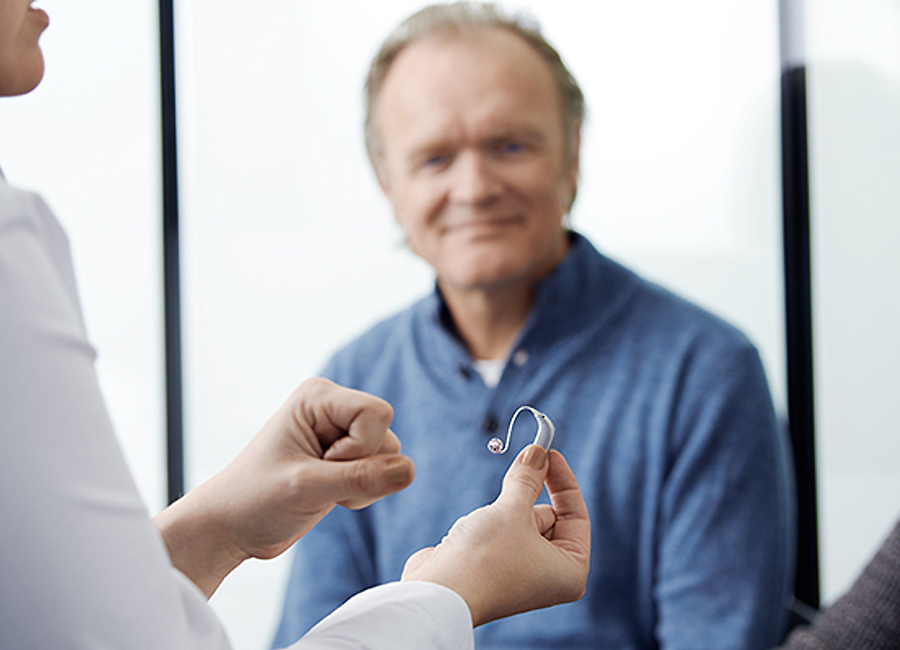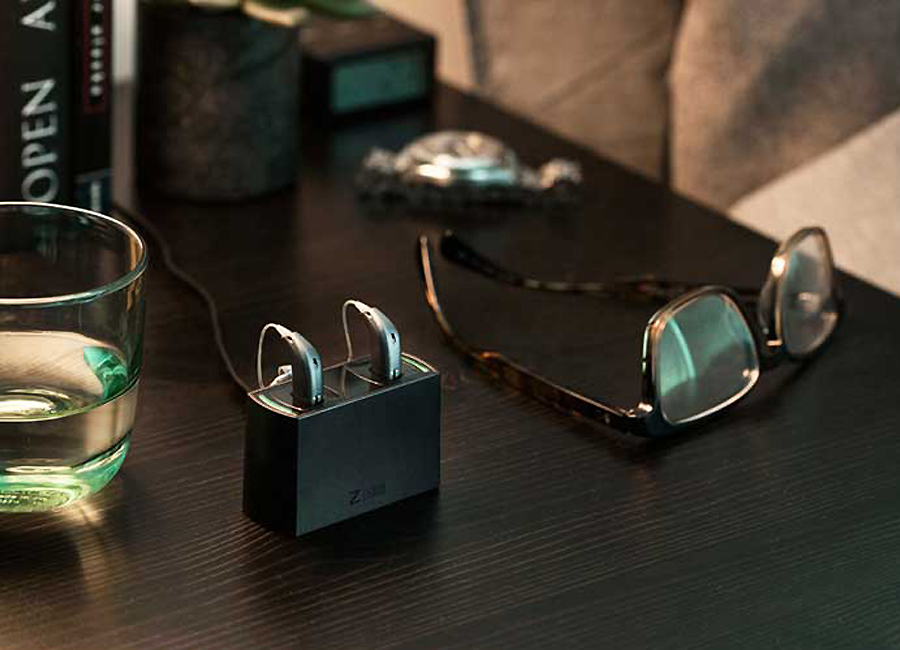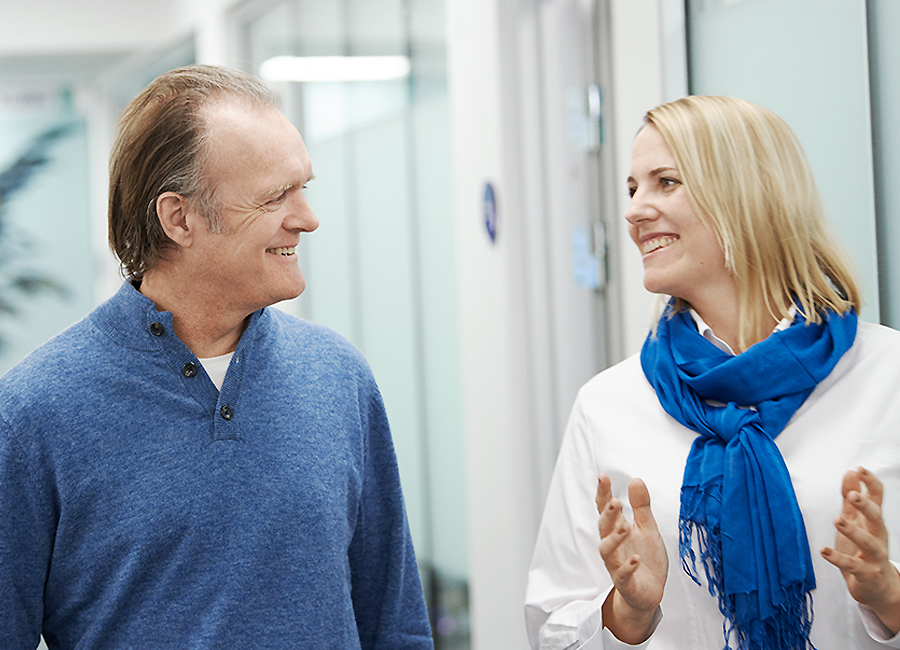Tips for Getting Started With a Hearing Aid

CARP RECOMMENDED PARTNER SPONSORED CONTENT
Here are some important tips to keep in mind when adjusting to your hearing aids.
Your ears take time to adjust to hearing aids
Hearing loss often happens gradually, over many years. This means we don’t notice it declining. Then one day you get hearing aids and switch it back on at once! Sounds one hasn’t heard for a long time are suddenly available again. One’s own footsteps and one’s own voice can sound different, or too loud. This is because we hear with our brains, so our brains must re-learn how to process and make sense of all the new sound information that is coming in. This takes a little time, so prepare yourself and remember – it will soon feel normal again.
Remember that no one can hear everything

It is common after people get hearing aids to think that their new devices are not doing enough. This can be because over the years, they have forgotten how it actually is to hear normally. Then, when they get hearing aids, they can be disappointed that they can’t hear what’s happening at the other end of a crowded dinner table. If this sounds familiar, remember that people with normal hearing can’t hear everything either! While you get used to your new hearing capabilities, try not to turn the volume up too much, and don’t adjust the programme too often either. Try to get a very general feel for your hearing aids at first.
Use your hearing aids as much as possible
As you get used to your new hearing aids, it can be tiring at first. As your brain adjusts, it demands more mental energy to begin with. Some people get tired after a few hours each day, and feel like taking them off. This is okay to begin with – you have to get used to them. However, it’s important to keep pushing how long you wear them for, to try to wear them for as long as possible each day.
It is also important to wear them in quiet environments, even though you might feel they’re less useful. Even using your hearing aids alone at home will help your brain get used to them more quickly.
Keep your hearing aids safe when you’re not wearing them

Your new devices are tough, but they’re not indestructible. So, when you do take them off to shower or go to bed, ensure they are safe.
Store them out of the reach of children and pets. Not only can your hearing aids become damaged, but hearing aid batteries can be dangerous if swallowed. Contact your doctor or vet if a battery or hearing aid is accidentally swallowed.
It is important to keep hearing aids away from damp places like bathrooms, and from dust and dirt. So it’s a good idea to get a hearing aid hard case to keep them safe when you are away from home, such as at the beach or swimming pool.
Book a follow-up meeting for adjustments or help

Some people find their hearing aids work well from the first fitting. However, sometimes, people find some sounds are too loud in certain situations. Or perhaps they can’t hear high frequencies as well as others. This is because fitting hearing aids to your ears is very precise. The sound that your hearing aids make will be minutely tailored to you. So you may need your hearing care expert to make a few tweaks.
For hearing aid maintenance, or to begin your hearing healthcare journey, you can book a free, no obligation hearing appointment with a hearing expert by visiting campaignforbetterhearing.ca or calling 1-855-773-3224.
CARP members save additional 10% off the regular price or limited-time promotional price of select hearing aids sold at HearingLife and our national affiliated partners, proud sponsors of the Campaign for Better Hearing, and earn up to 2,000 AIR MILES® reward miles with their purchase!

